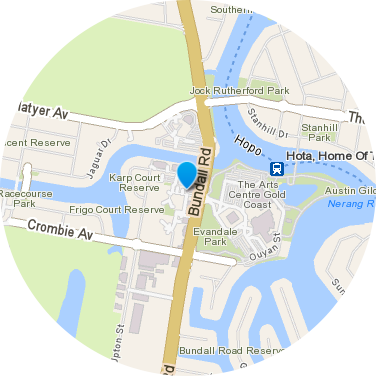Hi there fellow business owners,
I’m often asked questions by business owners looking to buy a vehicle for their business so I’ve put together this guide to answer some of the most common questions.
I’m buying a new car, who should own it?
This is an important question with the potential for tax consequences should you get it wrong. Things to consider when deciding if you should buy the vehicle personally, or in the company name;
• how much business use will the vehicle have?
• what type of vehicle is it?
• how much does the vehicle cost? is it over the luxury car limit?
• will the vehicle be used by staff?
Should I finance the vehicle or pay cash?
Firstly, this is a cash flow question for your business. If you pay cash you will reduce the overall cost of the vehicle because you aren’t paying interest on the finance, however your business will be without the cash that has been used to purchase the vehicle. Can your business afford to have that much capital tied up in a vehicle? Often the answer is no, but even if your business can afford it you should ask another question;
Is it the best use of your capital? Could you finance the vehicle and use the capital to generate income that exceeds the cost of finance?
I’ve got the vehicle. Do I need a log book?
For most situations, you should be maintaining a logbook to maximise your deductions and minimise fringe benefits tax for companies/trusts and sole traders with employees.
Don’t worry, it’s not as bad as you think! You only have to maintain the log book for a consecutive 12-week period. Providing your circumstances don’t change you can rely on that log book for 5 years.
Depending on your structure, without a logbook you will have to use the statutory formula or cents per km method. Which will produce a worse result more often than not.
There are exemptions from the log book requirement for certain commercial vehicle vehicles if the private use is minor & infrequent. Don’t assume the exemption applies to you, discuss your situation with an accountant!
I have the Vehicle and keep a log book. Is there any other record keeping?
Yes, business owners need to be able to substantiate all vehicle expenses, in line with the regular ATO record keeping requirements. i.e. keep all your invoices!
If your business operates multiple vehicles you will need your accounting software to be able to generate a report that dissects expenses for each vehicle for fringe benefits tax calculations.
Don’t worry, there are ways to streamline / automate the record keeping in your Xero file. Receipt Bank is a particularly useful add-on (https://www.receipt-bank.com/)
Case Study 1
Jill runs a courier business through a company structure. Up until now she has been using a personal vehicle that she owned prior to starting the business. Things are going well and she now needs a large commercial van to keep up with demand. The van will be used exclusively for business.
Jill should purchase the vehicle in her company name. The company can claim back the GST on purchase and all the ongoing operating costs. As it is a commercial vehicle being used exclusively for business Jill is also exempted from having to maintain a logbook on the vehicle.
Keep in mind also the small business immediate write off threshold is $20,000 until 30/6/2017. If the vehicle costs less than this Jill can get an immediate write off in the year it is purchased. A tax break she would miss out on if she purchased the vehicle personally!
Case Study 2
Wendy runs a successful online business with her company. Business is booming and she is considering purchasing a $150,000 luxury vehicle to reward herself and generate a tax deduction. The vehicle would be used predominantly to commute from home to the office and private use on the weekends.
The first issue for Wendy is that GST claims and tax deductions for depreciation on the vehicle are capped at the luxury car limit ($64,132 for the 2016 financial year). This means $85,868 ($150,000 – $64,132) out of the purchase price will not be tax deductible at all!
The second issue is FBT – Fringe benefits Tax. As it’s a luxury vehicle with minor business use the FBT on the vehicle will exceed any tax deductions that are available to the company. There is no tax advantage for Wendy to purchase the vehicle in her company.
Case Study 3
Scott owns a construction company. The business has grown and he’s spending less time on the tools and more time managing the business. He’s going to buy an SUV for around $50,000 which will be used heavily for business during the week. It will also be used privately to tow his boat on the weekends and for family camping holidays. The business kilometres travelled during the week should be higher than the private kilometres travelled.
It’s not a commercial vehicle and it is used privately, so it will be subject to FBT. However, there should still be a tax advantage if the vehicle is purchased in the company name. Scott should reduce the FBT cost and maximise the tax advantage by maintaining a logbook to document the business use of the vehicle.
As you can see buying and operating a business vehicle isn’t as straightforward as you might think! Always talk to your accountant first.
Mick
I’d love to help you achieve your business dreams, please don’t hesitate to contact me;
07 5646 4050
mick@ignitionaccountants.com





 Digitally enhanced by
Digitally enhanced by